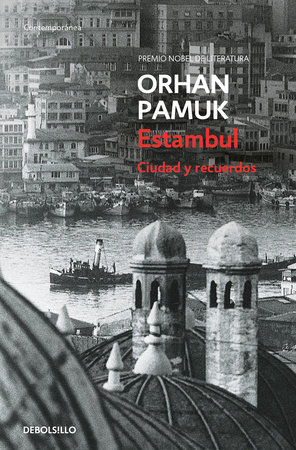Del autor bestseller #1 del New York Times, creador de Los asesinos de la luna de las flores y La ciudad perdida de Z, llega una historia fascinante sobre naufragios, supervivencia y salvajismo, la cual desemboca en una corte marcial donde se revela una verdad impactante.
El 28 de enero de 1742, una embarcación desvencijada con la madera y las velas parchadas llega a la costa de Brasil. En el interior había treinta hombres escuálidos, a duras penas vivos y con una extraordinaria historia que contar. Eran los sobrevivientes del Wager, un barco británico de su majestad el rey, que partió de Inglaterra en 1740 en una misión secreta durante una guerra imperial contra España. Al perseguir a un galeón español cargado de tesoros, conocido como “el premio de todo el océano”, el Wager naufragó en una isla desierta frente a la costa de la Patagonia. Después de pasar meses abandonados y enfrentar la inanición, construyeron la endeble embarcación y navegaron durante más de cien días, atravesando 2 500 millas de mares tempestuosos. Los recibieron como héroes.
Pero entonces… seis meses después, otra barca, todavía más decrépita, llegó a la costa de Chile. Este bote solo contenía tres náufragos, y ellos contaban una historia muy distinta. Los treinta marinos que llegaron a Brasil no eran héroes… sino amotinados. El primer grupo respondió contraatacando a su manera al capitán tiránico y homicida, y a sus secuaces. Quedó claro que, mientras estuvieron varados en la isla, la tripulación había caído en la anarquía, con facciones beligerantes peleando por el dominio de esa tierra inhóspita. Mientras volaban acusaciones de traición y asesinato, el almirantazgo convocó a una corte marcial para determinar quién decía la verdad. Lo que estaba en juego era la vida: a quien la corte encontrara culpable podía acabar en la horca.
Los náufragos del Wager es una grandiosa historia del comportamiento humano llevado al extremo, contada por uno de nuestros mejores escritores de no ficción. La recreación de Grann del mundo oculto en el interior de un barco de guerra británico rivaliza con la obra de Patrick O’Brien; su retrato de los desesperados apuros de los náufragos hace frente a narrativas de supervivencia como el Endurance, y su recuento de la corte marcial muestra la destreza de un thriller de Scott Turow. Como siempre sucede con el trabajo de Grann, los increíbles giros en la narrativa mantienen bajo hechizo al lector. Y lo más poderoso de todo, desentierra el significado más profundo de los eventos, mostrando que no solo estaban en juicio el capitán del Wager y su tripulación… sino la propia idea de imperio.
ENGLISH DESCRIPTION
From the #1 New York Times bestselling author of Killers of the Flower Moon and The Lost City of Z, a mesmerizing story of shipwreck, survival, and savagery, culminating in a court martial that reveals a shocking truth
On January 28, 1742, a ramshackle vessel of patched-together wood and cloth washed up on the coast of Brazil. Inside were thirty emaciated men, barely alive, and they had an extraordinary tale to tell. They were survivors of His Majesty’s Ship the Wager, a British vessel that had left England in 1740 on a secret mission during an imperial war with Spain. While the Wager had been chasing a Spanish treasure-filled galleon known as “the prize of all the oceans,” it had wrecked on a desolate island off the coast of Patagonia. The men, after being marooned for months and facing starvation, built the flimsy craft and sailed for more than a hundred days, traversing 2500 miles of storm-wracked seas. They were greeted as heroes.
But then … six months later, another, even more decrepit craft landed on the coast of Chile. This boat contained just three castaways, and they had a very different story to tell. The thirty sailors who landed in Brazil were not heroes – they were mutineers. The first group responded with countercharges of their own, of a tyrannical and murderous captain and his henchmen. It became clear that while stranded on the island the crew had fallen into anarchy, with warring factions fighting for dominion over the barren wilderness. As accusations of treachery and murder flew, the Admiralty convened a court martial to determine who was telling the truth. The stakes were life-and-death—for whomever the court found guilty could hang.
The Wager is a grand tale of human behavior at the extremes told by one of our greatest nonfiction writers. Grann’s recreation of the hidden world on a British warship rivals the work of Patrick O’Brian, his portrayal of the castaways’ desperate straits stands up to the classics of survival writing such as The Endurance, and his account of the court martial has the savvy of a Scott Turow thriller. As always with Grann’s work, the incredible twists of the narrative hold the reader spellbound. Most powerfully, he unearths the deeper meaning of the events, showing that it was not only the Wager’s captain and crew who were on trial – it was the very idea of empire.
























